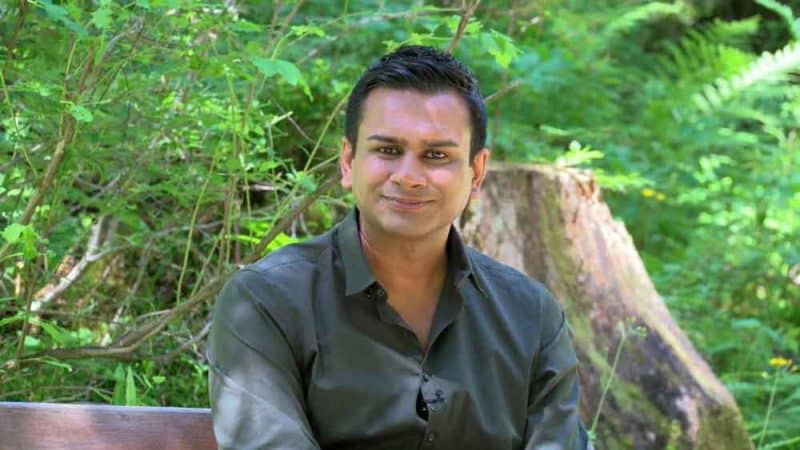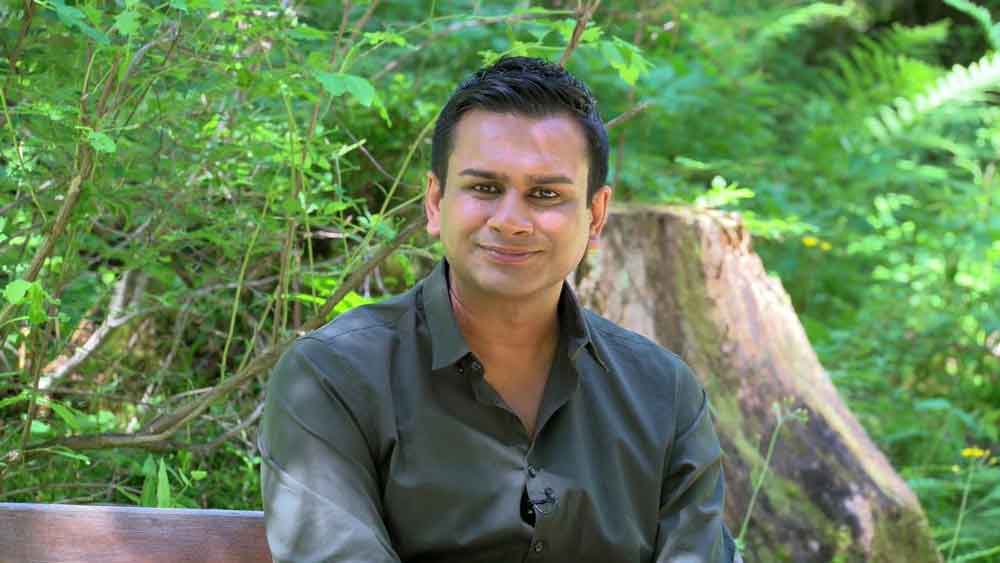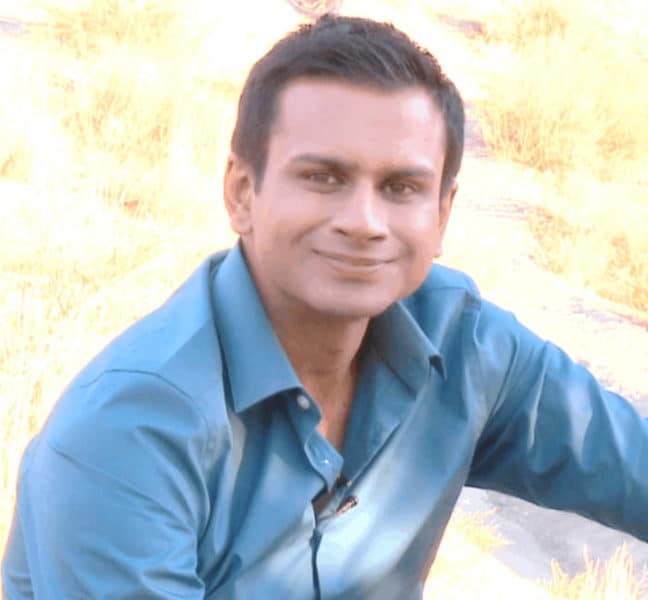Now today, we’re going to be looking at something that perhaps people aren’t fully aware of in terms of what they might be experiencing, the emotions that we’re all experiencing as a result of the current pandemic. And that is something that we call grief or loss.
So I think many of us are familiar with the idea of feeling anxious, that we’re worried about many different things. What’s going to happen with the virus? Is it going to spread further? But there’s also something, and that’s something that we dealt with obviously a couple of days ago when we did the anxiety meditation, which is also available on our Facebook page if you’d like to experience that.
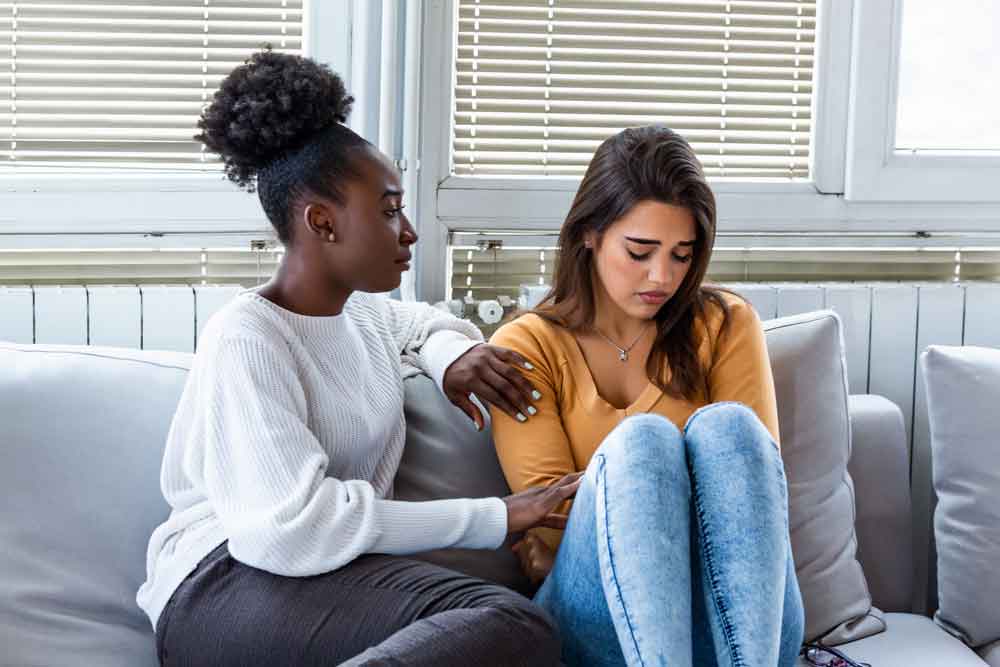
This is about loss. What have we lost and what are we experiencing right now? So there’s something called the Grief Cycle that was developed by Elizabeth Kubler-Ross and David Kessler. And it says that whenever we experience a shock in our lives or some kind of loss, trauma, there are different stages of emotions that we go through to try and process that experience, or at least our reactions to that experience, which all represent a resistance to what is going on. So as an example, one of the first stages that we all go through when we see what’s happening around us is to go into a stage of denial about what is going on. because there is this grief about what we’ve lost. We’ve lost our normalcy in life, what we took for granted. We perhaps lost the connection to people around us that we got very used to. Perhaps we’ve lost our livelihood and our way of earning money.
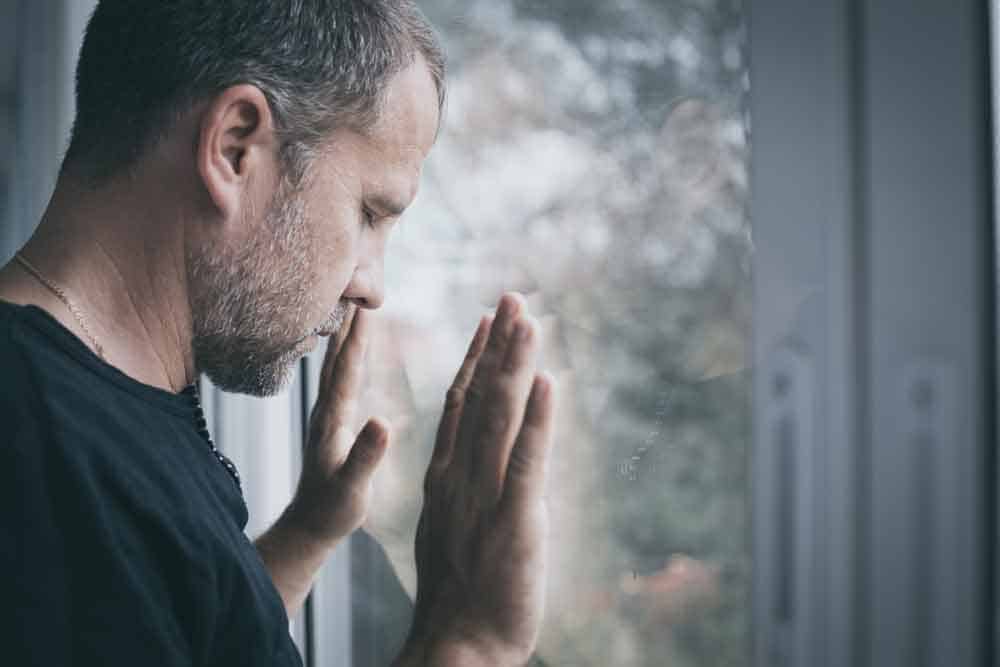
So that background discomfort or a feeling of a kind of dark cloud hanging over our heads with this current situation may well be not only anxiety, but actually grief. We didn’t see this coming. What on earth is this all about? Look at how it’s affected my life. And there was a sense of loss and that grief that you may be experiencing can then transmute itself and relieve itself through going through certain stages. And these stages aren’t linear. These are just examples of different emotions that we experience. So we might experience denial at the beginning to say, “Is this really happening? I can’t believe it. I don’t understand.” And we may deny the importance of what’s going on because we really can’t face it. So denial is a strategy. It’s a strategy to resist what is so right now.

And then there’s another state, which is all about anger, that we start feeling angry at the authorities. Why didn’t someone sort this out before? Why did it take so long for us to have the shutdown? Look how many people are dying now. That’s a stage of anger. And we may notice that we become more irritable to the people around us. And I know that many of you have written in saying that you’re having to live in close proximity to many people that you haven’t spent a lot of time with before. And that can also stimulate our anger or annoyance. So that’s another thing that we can bear in mind is that we have those kinds of emotions. We observe them and let them go.

Then that third stage is what we call bargaining, where we say, “Oh, if only I had taken precautions or if only I had sold that business before this happened.”, or it might be, “Well, if I stay indoors and we all do that, it will be over, right?” We have this sense of trying to bargain with ourselves or the situation as a way of trying to deal with it, as a way of actually not fully accepting it, but just resisting it by saying, “Well, if I do this, then it will be okay. Right?” But there’s still an element of nonacceptance and then we move on to that fourth stage or as I said, it’s not linear, of sadness and depression. So if you’re experiencing a low mood, a lot of sadness, a lot of pain almost on what’s going on, please remember that you’re not alone. Many people are going through those types of emotions right now. And that sadness can be about what is happening. Perhaps people around you that you’ve lost or there’s the sadness of the loss of normal life and all of these different emotions and things that come up, when we’re aware of the grief cycle, then it’s much easier to acknowledge them and validate them.
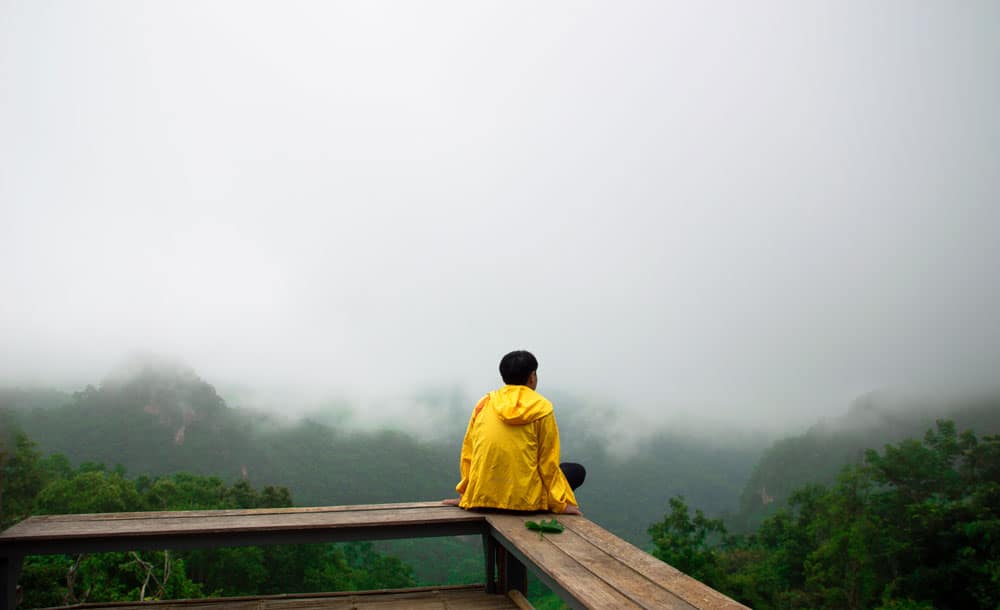
So our first step is to really acknowledge and validate our emotions and recognize them as a very normal part of a reaction to what is going on, very normal. And I remember there was a friend of mine recently who called me up and confided in me to say, “Actually I’m really finding the current situation hard. I’m finding myself with palpitations and anxiety. I can’t sleep at nights. I thought I was a strong person, but look at me. I’m falling apart from what’s happening.” And I know that a lot of you are experiencing things like this and the first port of call is to really go into that place of acceptance. You have to say it’s okay to have these emotions and validate those emotions.

It doesn’t make you a weak person for experiencing grief or anger or sadness or anxiety right now. What does matter is taking responsibility for those emotions and say, okay, I understand this is a very normal part of the human experience. Let me validate it and then let me observe it, because sometimes we indulge the emotion. We say, “Oh God, everything is lost. It’s really bad.” But that makes the emotions worse. Or another strategy we employ is to deny them and push them away as part of the denial stage of the grief cycle, pushing all those emotions away, and neither of those is going to work. It makes things worse. But instead what we can do is to meditate more, observe our emotions without reacting to them. And that will mean that we gradually stop getting the energy moving and we can move through the situation with grace.
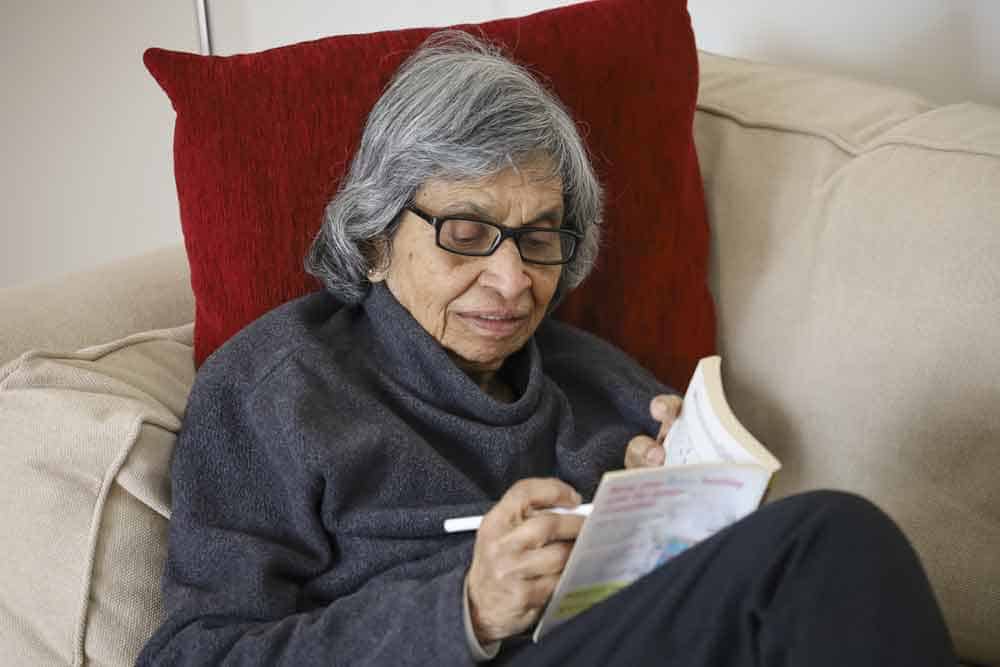
So we’re going to be doing a meditation today called the Letting Go of Grief and Sadness meditation to allow us to let go and process some of these emotions around loss and grief of our normal way of being and any sadness that you may be experiencing as well. Now obviously as a result of this meditation or anything else you’re experiencing, if you do experience intense emotions, it’s very important that you get in contact with your doctor or health practitioner to help you through what you’re experiencing.

And at our clinic, we also have many practitioners that I’ve trained and coaches who can support you through any anxiety that you may be experiencing. And you can find those coaches at www.guptaprogram.com/coaches and they can work through Skype or Zoom or whatever to help you with the anxiety that you might be experiencing right now. And they’ve all been personally trained by me, so they understand a lot of the Gupta program tools and the MEND protocol and things that we’ve been talking about.

So what we do for ourselves in terms of releasing this grief? Well, I’d love for you to take the Coronavirus Challenge and watch Day 6 because in day six, we talk about all the different strategies, like making sure you switch off the negative news and social media posts, or just focus on creative, uplifting hobbies or releasing and letting go of your emotions. All of those kinds of things can help as well as reframing this in terms of, rather than what have I lost, looking at what have I gained and when we look at what have I gained, that enables us to move through this set of emotions? And of course, physical exercise supports the movement of energy in our bodies.

To learn more and experience my Letting Go of Grief and Sadness meditation, please watch the video below. And please share the video with others who could benefit from the knowledge.

